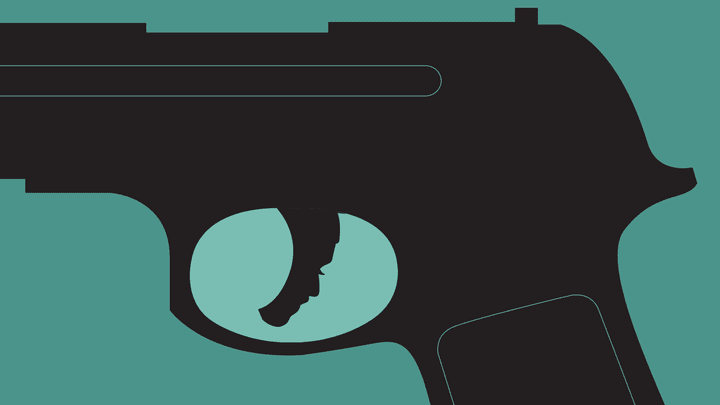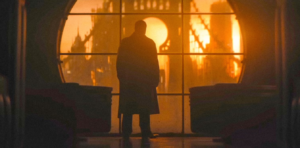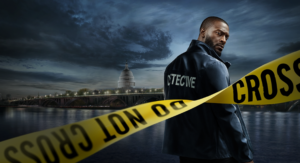45 Mass Shootings in Wake of Skyrocketing Firearm Sales

Image Courtesy of The Atlantic
By Margaret Adams
On April 15, a FedEx facility in Indianapolis was terrorized by a mass shooting, where eight people were killed and multiple others were injured. On March 23, 10 were killed in a supermarket in Boulder, Colorado. Eight people, including six Asain women, were shot and killed by a white gunman at three spas in Atlanta, Georgia on March 16. These are just a few instances of gun violence within the past month.
Gun violence in the US has peaked enormously; there have been reports of at least 45 mass shootings since March 16, totalling at least 156 mass shootings in 2021, according to CNN reporting and an analysis of data from the Gun Violence Archive (GVA), local media, and police reports. GVA also reports that there were 610 total mass shootings in 2020, 417 mass shootings in 2019, and 336 mass shootings in 2018; the number of mass shootings per year has steadily increased since 2014.
Why the US has seen a reportedly high number of mass shootings has been heavily debated. The rise in shootings corresponds with a skyrocket in firearm sales, which jumped after the COVID-19 pandemic as stay-at-home orders unleashed a wave of unemployment across the country. FBI background checks, which are required to be conducted when a customer attempts to buy a firearm, can serve as an indicator for gun sales; since March 2020, the FBI has seen 3 million background checks in a month.
“Too many Americans are dying every single day from gun violence,” said President Joe Biden in a written statement. “It stains our character and pierces the very soul of our nation.”
There has since been a closer look at conversations in Congress about gun control and legislation that could potentially decrease the likelihood of more mass shootings.
Biden has announced limited executive actions aimed at reducing gun violence, including calling on the Department of Justice to regulate the sale of “ghost guns,” but noted Congress must continue to write and back legislation that makes more substantive changes.
This plan also includes the introduction of “red flag” laws, which allow law enforcement or family members to petition for court orders to temporarily bar people from accessing firearms, if they present a danger.
In early March, the Senate passed the Bipartisan Background Checks Act of 2021, a measure that would require universal background checks on all commercial gun sales. The bill was written by the House Gun Violence Prevention Task Force, which was created due to the Sandy Hook Elementary School shooting. The legislation was originally introduced and passed by the House in early 2019, but was never considered by the Senate at the time, as it was controlled by a majority of Republicans.
The bill also included plans that would close the “Charleston loophole,” which allows the sale of a gun if the results of a background check do not come back in three days. The loophole got its name because it is how Dylann Roof obtained the gun he used to massacre nine people in a Charleston church in 2015.
Some Republicans did not support the legislation, citing its inclivity to strip citizens of their right to arms and create more issues.
“Universal background checks on guns are only meant to turn law-abiding citizens into criminals,” said Rep. Lauren Boebert (R) in a tweet.
“Is it fair to surround yourself with armed guards, with Capitol Police who have guns, with personal details, bodyguards and ask the people to pay for it while you make it harder for those same people to protect themselves?” said Rep. Thomas Massie (R) during debate on the House floor. “I don’t think that’s fair.”
“Successful presidents – better than me – have been successful, in large part, because they know how to time what they’re doing – order it, decide and prioritize what needs to be done,” said Biden in a press conference late March. “And what we’re going to be able to do, God willing, is now begin, one at a time, to focus on those as well.”







